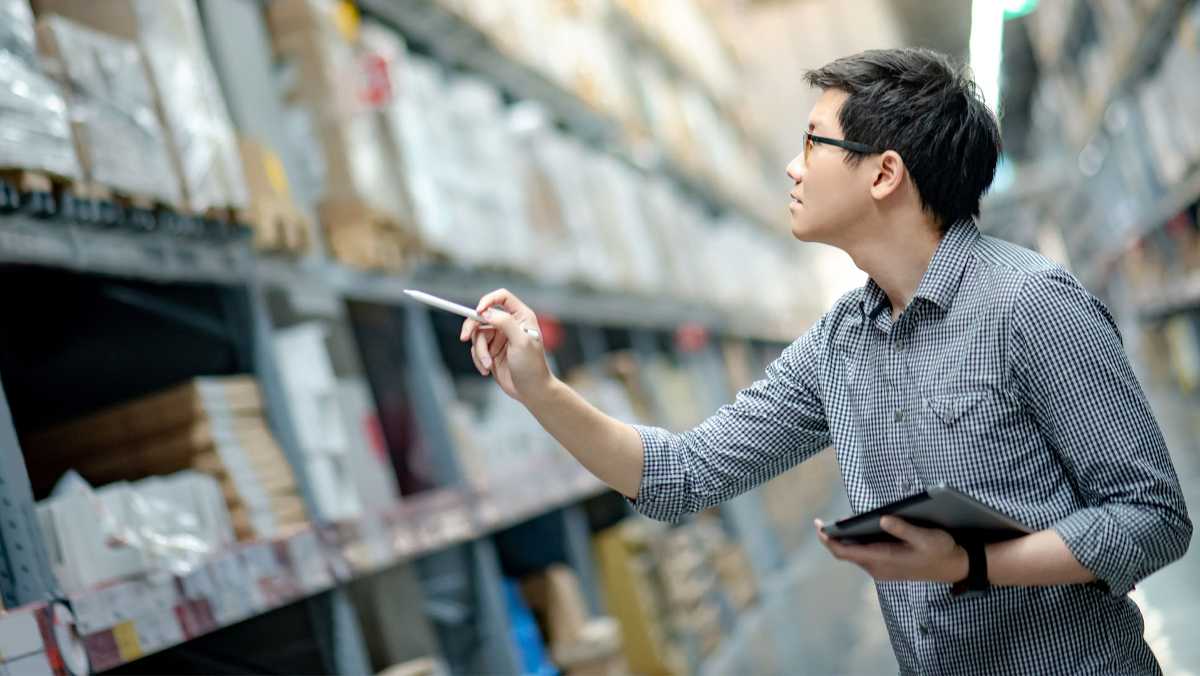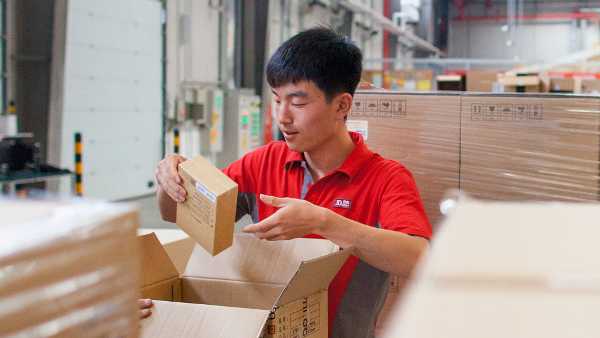Importing from China and import duties

- Sandra Visser-Meijer
- How to
- Edited 14 March 2025
- 2 min
- Managing and growing
- International
Since the 18th century, Dutch companies have been importing products from China. Due to the favourable location of the Netherlands, good infrastructure connections, and large central ports, about 2 thirds of our imports from China are re-exported, mainly to other EU countries. Before doing business with a Chinese supplier or manufacturer, check which documents you need, and whether you can expect extra costs, such as import duties.
As a Dutch entrepreneur, you can easily contact a Chinese manufacturer or supplier via the internet. Order a sample of their product first. Then you can see in advance what you will be bringing to market and if the product meets your quality requirements. Also ask for a price quotation before placing your first order.In this article, you can read what you have to take into account when you import products from China.
Quotation
In your supplier's quotation you can check whether the correct products are used, the type of transport, and the insurance of the shipment. Also, make sure you agree on an Incoterm®. These are international delivery terms. Both parties then both know:
- who is responsible for arranging the transport
- the costs associated with the transport
- who bears the risk of damage to or loss of the goods during this transport.
Also, check the validity of the quotation and in which currency you have to pay.
Import documents
Which import documents you need depends on the product you are importing. An invoice, a transport document, and a packing slip are standard import documents. Additional documents are sometimes required for certain goods. For example, when it concerns goods that may pose a risk to safety, health, economy, and the environment (VGEM, in Dutch). Contact Dutch Customs or a customs broker in advance to find out which documents you need for importing products from China.
Customs
Customs charges fees when importing goods from China. For the import of goods into the EU, you must submit an electronic import declaration to Dutch Customs. A customs broker can arrange this declaration for your company, especially if you have little or no experience with this. You need an EORI number (in Dutch) to declare goods to Dutch customs. EORI stands for 'Economic Operators Registration and Identification'. With this number, you exchange data with customs.
Watch the animation on clearing goods through Customs. Find what the words used in the process mean.
Product requirements and product liability
If you import products from a non-EU country such as China, European and national requirements and rules apply to these products. They must be and usable. As an importer, you are liable for injury or damage caused by a faulty product. When a product carries risks, consider taking out product liability insurance.
Safe import products: 'Accidents will happen'
Import duties from China
When you import products from China, you usually pay import duties. The amount of these import duties depends on the commodity code or TARIC code of your product. Check what import duties you pay when you import products from China.
VAT
When importing into the Netherlands, you pay Dutch VAT in addition to any import duties. When submitting your VAT return, you deduct the VAT paid as input tax. You do this in the same way as you do for purchases in the Netherlands. That is if you are entitled to a VAT deduction.
If Chinese suppliers have a VAT identification number in the Netherlands, they may charge Dutch VAT. They must then also submit a VAT return in the Netherlands. If you are entitled to a VAT deduction, you deduct the VAT paid to your Chinese supplier as input tax in your standard VAT return. On balance, you will then pay nothing.
Import payments
Chinese suppliers prefer not to deliver on an invoice and often ask for a prepayment. With a prepayment, you run the risk that your supplier will not deliver the goods. You can negotiate the payment method, for example, 25% in advance, 25% on shipping, and 50% on delivery. Check with your bank about the payment method and currency that best suit importing from China.
Scams and Fraud
Doing business with countries outside Europe involves risks. You would not be the first to encounter a scammer or fraudster. Or you can work with a Letter of Credit. If a trade dispute does arise, you can ask the Dutch Embassy in for advice.


